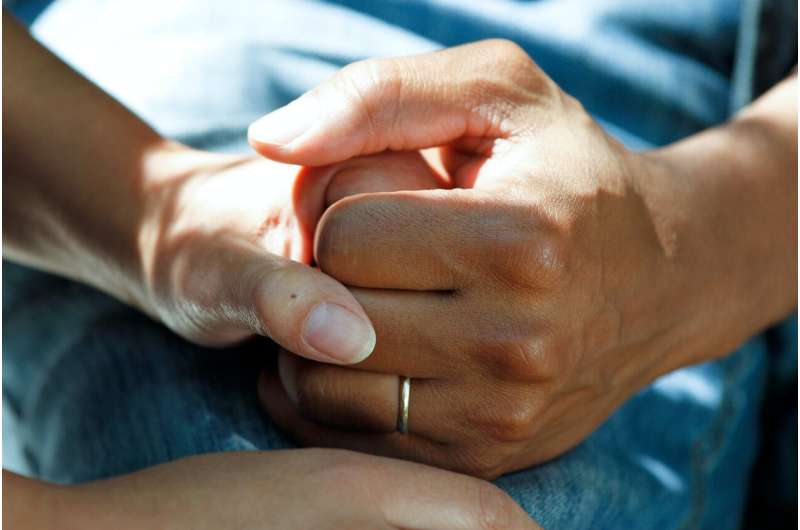#Patients receiving chemotherapy may not be at increased risk for COVID-19

“#Patients receiving chemotherapy may not be at increased risk for COVID-19”

Compared with patients with cancer who were not on active treatment, those receiving chemotherapy did not have an increased risk for developing COVID-19, according to data presented at AACR Virtual Meeting: COVID-19 and Cancer, held Feb. 3-5.
“Given the concern that patients with cancer are at increased risk for COVID-19, there have been widespread changes to the practice of clinical oncology since the start of the pandemic last year,” began Monica F. Chen, MD, a third-year resident in the Department of Medicine at Columbia University Vagelos College of Physicians and Surgeons and NewYork-Presbyterian Hospital, New York.
Because of the pandemic, surgeries have been delayed, treatment regimens have been modified to minimize the number of visits, and clinical trial enrollment has gone down. Chen and colleagues sought to understand what demographic, clinical, tumor- and treatment-related factors are associated with developing COVID-19 among patients with cancer.
“We found that patients on active treatment, including chemotherapy, were not at increased risk for COVID-19, and surprisingly, they were less likely to test positive for COVID-19 than those not on treatment,” Chen said.
“Our study shows that with proper precautions in the clinical setting, disruptions in lifesaving cancer treatment should be minimized during the COVID-19 pandemic,” Chen added.
Chen, her mentor Katherine Crew, MD, and colleagues conducted a retrospective study of cancer patients tested for COVID-19 between March 1, 2020, and June 6, 2020, at NewYork-Presbyterian Hospital/Columbia University Irving Medical Center in New York City. Of the 1,174 patients tested for COVID-19, 317 (27 percent) were positive. About 27 percent had a recent cancer diagnosis, 56.7 percent had active disease, and 56.7 percent had been on active cancer treatment within the past year.
Chen noted that consistent with the general population, older age, minority race/ethnicity, and obesity were associated with COVID-19 among patients with cancer. Compared with non-Hispanic white patients, black patients and Hispanic patients were 2.2 times and 2.7 times more likely to test positive for COVD-19, respectively.
Compared with cancer patients not receiving any treatment at the time of the study, those receiving chemotherapy were 35 percent less likely to develop COVID-19. Chen speculates that patients undergoing chemotherapy are likely more vigilant about social distancing, wearing face masks, and hand hygiene than those in remission, potentially resulting in fewer infections. “Regardless, it is reassuring to see that cancer patients receiving chemotherapy were not at increased risk of testing positive for COVID-19,” Chen added.
Consistent with prior studies, cancer patients who tested positive for COVID-19 had higher death rates than those who tested negative for the infection.
Limitations of the study include the retrospective study design. Results from a single academic urban medical center may not be generalizable to other study populations. While universal COVID-19 testing was implemented for all hospitalized patients, only symptomatic patients were tested in the outpatient setting, which may have introduced selection bias. The study was not adjusted for comorbid conditions. While patients were followed for up to six months since COVID-19 diagnosis, long-term effects are still uncertain, Chen noted.
Follow the latest news on the coronavirus (COVID-19) outbreak
Citation:
Patients receiving chemotherapy may not be at increased risk for COVID-19 (2021, February 4)
retrieved 4 February 2021
from https://medicalxpress.com/news/2021-02-patients-chemotherapy-covid-.html
This document is subject to copyright. Apart from any fair dealing for the purpose of private study or research, no
part may be reproduced without the written permission. The content is provided for information purposes only.
If you liked the article, do not forget to share it with your friends. Follow us on Google News too, click on the star and choose us from your favorites.
For forums sites go to Forum.BuradaBiliyorum.Com
If you want to read more Like this articles, you can visit our Science category.



